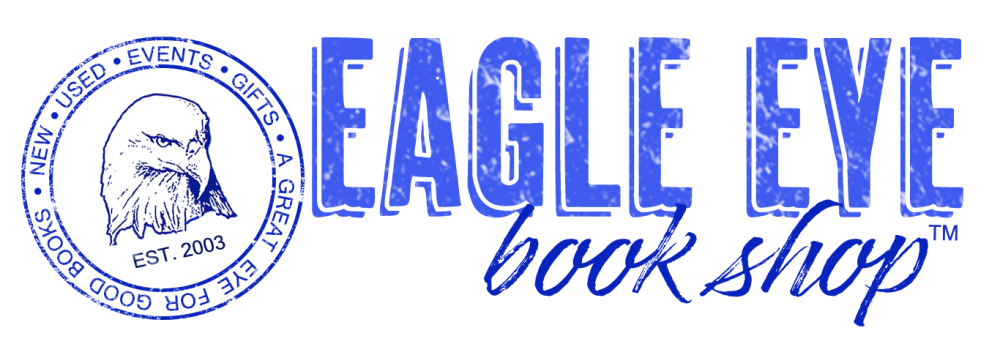
We
Description
The exhilarating dystopian novel that inspired George Orwell's 1984 and foreshadowed the worst excesses of Soviet Russia, featuring a foreword by the National Book Award-winning New Yorker journalist Masha Gessen
Yevgeny Zamyatin's We is a powerfully inventive vision that has influenced writers from George Orwell to Ayn Rand. In a glass-enclosed city of absolute straight lines, ruled over by the all-powerful 'Benefactor', the citizens of the totalitarian society of OneState live out lives devoid of passion and creativity - until D-503, a mathematician who dreams in numbers, makes a discovery: he has an individual soul. Set in the twenty-sixth century AD, We is the classic dystopian novel and was the forerunner of works such as George Orwell's 1984 and Aldous Huxley's Brave New World. It was suppressed for many years in Russia and remains a resounding cry for individual freedom, yet is also a powerful, exciting and vivid work of science fiction. Clarence Brown's brilliant translation is based on the corrected text of the novel, first published in Russia in 1988 after more than sixty years' suppression.
Praise for We
“Zamyatin . . . did more than predict some of the specific characteristics of totalitarianism―he predicted its defining condition: the destruction of the individual. . . . [He] found the word for it: We.” ―Masha Gessen, from the Foreword
“The best single work of science fiction yet written.” —Ursula K. Le Guin
“[Zamyatin’s] intuitive grasp of the irrational side of totalitarianism—human sacrifice, cruelty as an end in itself—makes [We] superior to Huxley’s [Brave New World].” —George Orwell
“At this dystopian moment in world politics, everyone’s talking about 1984, but take a look at the novel that inspired it (or, at least, which George Orwell reviewed soon before he wrote 1984)—Yevgeny Zamyatin’s We. . . . The dystopia Zamyatin painted has, alas, many echoes with today’s surveillance society—just think of China’s budding ‘social credit’ program, which monitors citizens’ movements. Big Brother was a piker, compared to Xi Jinping. Zamyatin saw it coming.” —Lit Hub




























